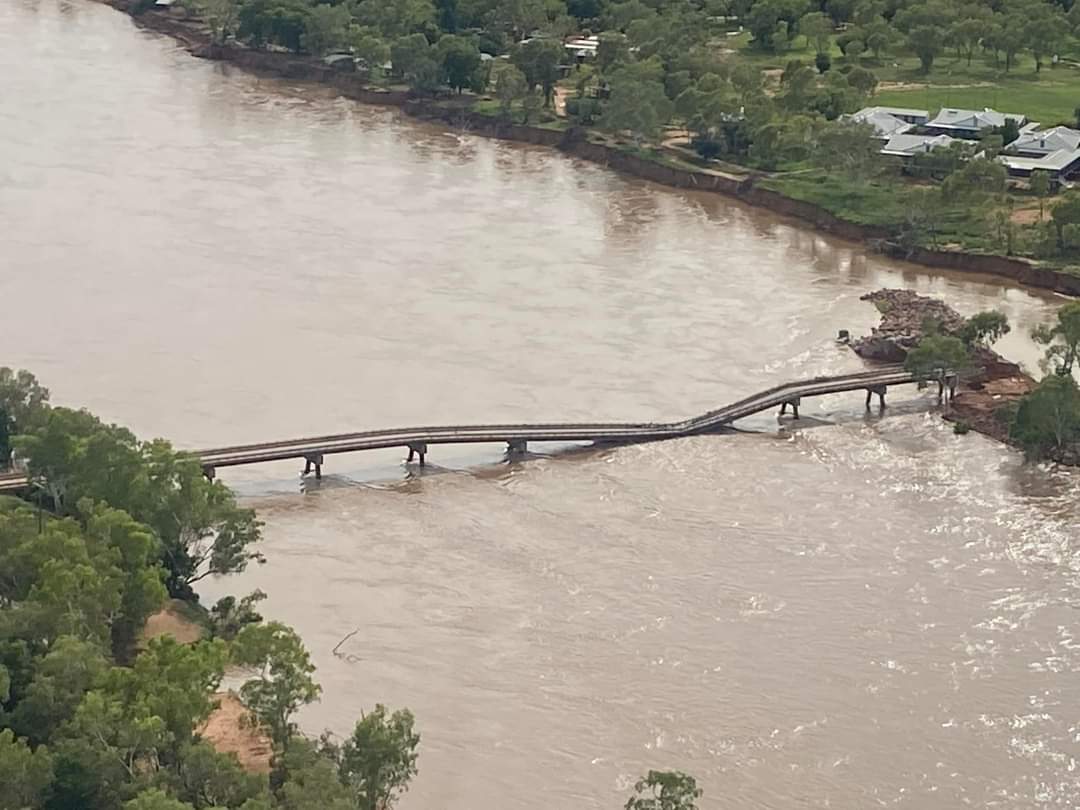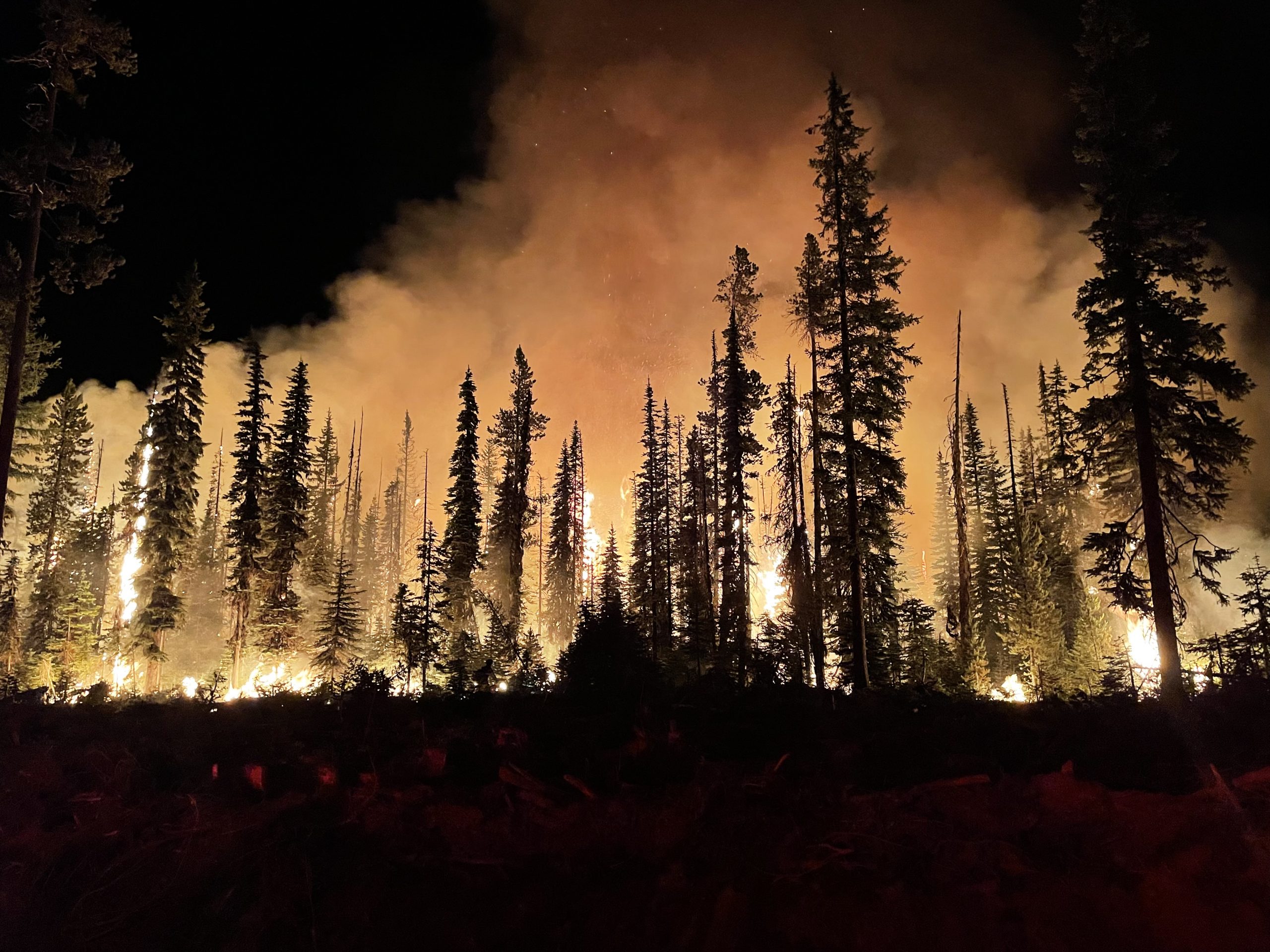This year, we have seen an increasing frequency and intensity of climate-related disasters across the globe.
From flooding in New Zealand and wildfires in Chile and Canada to heatwaves across the United States, Mexico, Southern Europe, and China.
According to the National Oceanic and Atmospheric Administration, June 2023 was the hottest June ever recorded since 1850.
Australians experienced a warmer than normal winter with temperatures well above the average for this time of year.
It is believed that the El Niño and La Niña phenomenon will become common across Australia, due to the impact of greenhouse gases.
Andrew King, senior lecturer in Climate Science at the University of Melbourne, claims that there will be a long-term upward trend in Australian winter temperatures.
Other experts reiterate the same sentiment: this is just the beginning.

Prof Piers Forster at the University of Leeds (UK) said, “This is what we expected at [this level] of warming. This will become the average summer in 10 years’ time unless the world cooperates and puts climate action top of the agenda.”
Prof Krishna AchutaRao at the Indian Institute of Technology said, “The impacts are frighteningly more impactful than I — and many climate scientists I know — expected.”
Researchers and experts in this field seem to agree on the same action: stop burning fossil fuels.
Dr Friederike Otto at Imperial College London said the burning of fossil fuels needed to stop now and “not some time when we’ve allowed companies to make all the money they possibly can”.
The 2023 United Nations Climate Change Conference will be held in late November in Dubai, United Arab Emirates.
Experts have said they hope political leaders will attend the summit with compelling actions and commitments to address the extreme weather.






